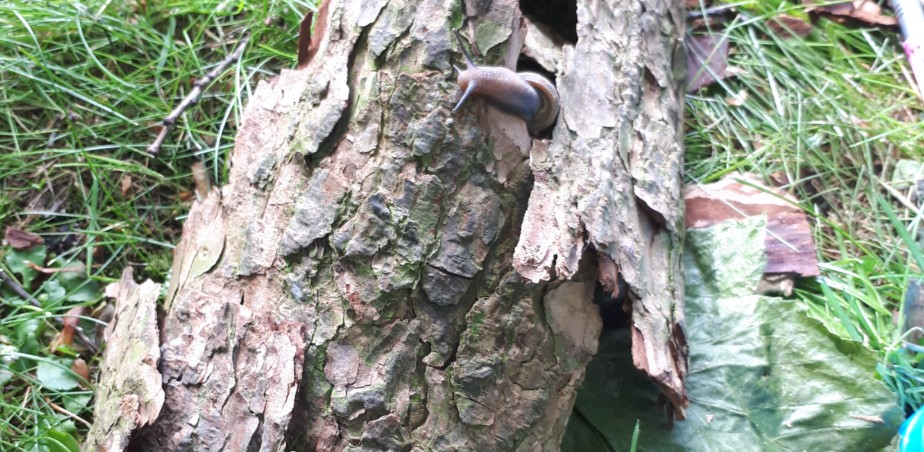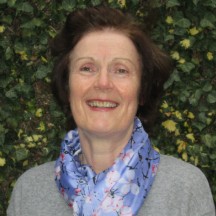Guest Blogger: Joan Whelan, Chairperson of the Irish Forest School Association – Blog No.4

 The Irish Forest School Association (IFSA) was founded in 2016 and is engaged in the promotion and development of the Forest School (FS) movement in Ireland. We bring Forest School practitioners together to inspire inclusive, playful learning for all, in nature. We want to build resilience and relationships, through our connection with each other, and the natural world, while inspiring creativity and supporting wellbeing. More information can be found on our website www.irishforestschoolassociation.ie.
The Irish Forest School Association (IFSA) was founded in 2016 and is engaged in the promotion and development of the Forest School (FS) movement in Ireland. We bring Forest School practitioners together to inspire inclusive, playful learning for all, in nature. We want to build resilience and relationships, through our connection with each other, and the natural world, while inspiring creativity and supporting wellbeing. More information can be found on our website www.irishforestschoolassociation.ie.
This final blog post is from Joan Whelan, the Chairperson of the Irish Forest School Association. She reflects on the opportunities within Forest School for adults to reaffirm their own creativity in their approach to teaching, drawing on her experience of introducing Forest School to the primary school where she was principal and on her current PhD research on the distinctiveness of Forest School as a pedagogical approach.
“Lie down, lie down, that way is best” – Blog 4
Participating in a Forest School (FS) session recently with a group of senior infants, I had one of those ‘light-bulb’ moments that happen every now and again and give pause for thought. Our eyes had been drawn towards the tree canopy by the fleeting sight of a grey squirrel bounding up the trunk of a scots pine.
‘Lie down, lie down,’ urged one of the children in a commanding but quiet voice. ‘That way is best’.
And we did. We lay down. Three 6-year olds and myself, flat out on the damp slightly muddy floor of a small and not very loved corner of woodland in Dublin city. And there was quiet, as we searched the tree canopy for the elusive squirrel, for perhaps a minute. Later that same day, having made charcoals from the leftover embers of the fire, a child asked to finger paint stripes on my face…and I had no hesitation. The experience remained with me.
I realised that in 36 years of teaching, I had never fully encountered this kind of immersive, embodied, child-initiated experience that felt very powerful and right. And I thought myself progressive and innovative as a teacher. What made this possible? Was it being in nature? Was it being suitably attired? Was it the small group? Was it the opportunities for child-led activity? Was it the leadership of the FS leader? Was it the safety that the session provided to explore and to ‘be’? Was it all of these?
It seems to me that a very profound opportunity exists for adults to reflect on their practice through participation in FS. We cannot promote creativity in children without being open to making new connections for meaning as adults. FS gives us permission to take a step aside, unlocking a more playful approach to learning which in turn promotes curiosity, exploration and innovative cross curricular connections that surely comprise the possibility for deep and creative connection and meaning making across the curriculum. FS seems to enable us to move from being teachers and pupils to being learners together.
In the context of the Arts in Education, FS provides a foundational, cross curricular pedagogical approach. The woodland provides the tools to enable risks to be taken safely, curiosity to be satisfied and boundaries to be tested. The transformative nature of this kind of learning for wellbeing, creativity and innovation is not easily accessible elsewhere in formal learning contexts. In an era of increasing focus on outcomes, rather than process, FS can help re-position children and adults, not the curriculum, at the core of deeper learning in the primary school. FS pedagogy can help to promote a deeper understanding of the relationship between the human world and the natural world, a theoretical thread that can be traced back to Rousseau, who regarded a connection to nature as fundamental to optimal human functioning. However, FS must be approached within a theory of change perspective. In other words, the importance of school communities articulating a vision for their pedagogical approach, based on their educational purpose, is non-negotiable.
And when was the last time you placed your hands in wet mud?